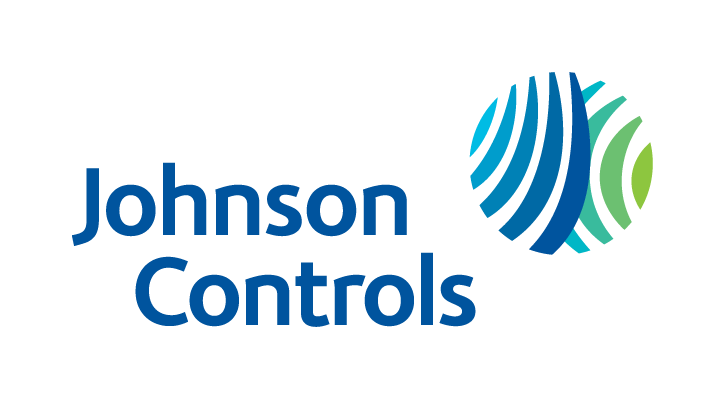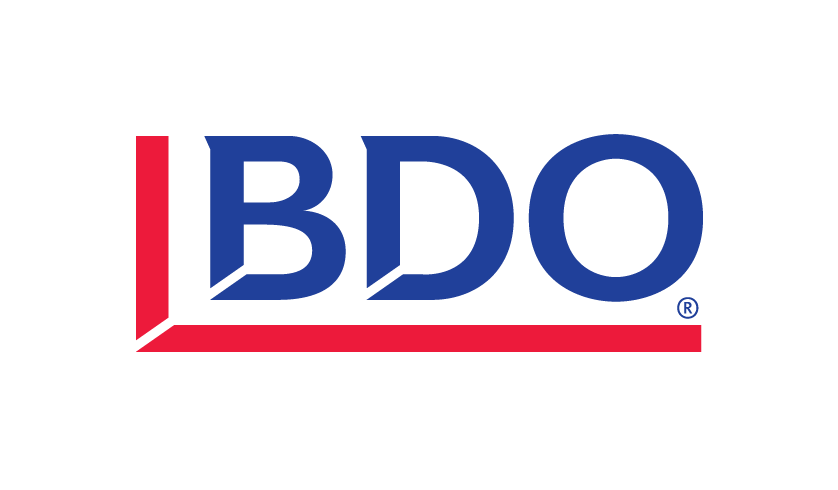Often the biggest challenge in writing a resume is whether to write one or two pages. While there are many schools of thought, I usually recommend a single page resume to most of my clients.
“But there’s so much about me and my career and what have I to offer, and I can’t possibly squeeze that into one page!”
The fault here is that people often lose sight of what the resume is for; it is not to tell your life story. Rather, it is to demonstrate that there is something there that an employer might want to call you in to talk about.
As with any form of writing, one should consider the target audience, in this case a Human Resource office. When an ad is placed for a position, they will get hundreds of resumes. Of those, most will be skimmed by the reader and lost in the pile of mediocrity.
Here’s what happens to your resume when it joins that huge pile of paperwork. In a larger company, they will often use a computer algorithm to determine which ones they want to read further. That involves punching in a series of keywords, such as Computer Science or Finance, and seeing how often they come up (Incidentally, they are never looking for “team player” or “self-starter”). An average resume should have about 390 words on a page. Finding 10 out of 390 keywords is great. Finding 10 out of 780, not so much.
If you resume is lucky and gets past the Robo-Screen, eventually a real person will read it. That person is not necessarily going to read like a work of literature, but he is going to scan it. He’ll look at the name, education, title and length of time at current job, title and length of time at previous job, and that’s about it. If he sees what he likes, he puts it on the keeper pile.
Then and only then will someone read the resumes in depth. And even then, it’s unlikely that they will look very far down. I once got a call from a company I had previously worked for because they didn’t bother to read to the bottom. Everything at the top of the resume made it good enough for a call.
In short, write like you are being paid by the point and penalized by the word.





